Hendrik Weber is Pantha Du Prince, incredibly talented German producer and overall minimal mastermind. His work with acoustic, orchestral instruments has defined his most recent recordings and his music has become something which really transcends electronic music as a whole. He’s heading down to Australia for a tour, alongside headlining the excellent upcoming OutsideIn Festival in Sydney. We mostly chatted about the relationship between electronic and acoustic instruments, and the challenges of not being in total control of your own music.
SR: I want to ask about your work with the Bell Laboratory, starting with your performance of In C at the Barbican Theatre in London. In the ">documentary about it, you spoke about the difference between working with machines and musicians – especially because these are classical musicians working with electronic music. What was it like to bring such different elements of music together?
PDP: It was colliding worlds. The musicians are classical musicians but they’re not only classically trained – some are also trained in contemporary music, and they also know electronic music; some of them are young, they go to clubs. I think for them it was very new and very uplifting to interpret electronic music. But at the end, we didn’t just interpret, we really formed a musical communication. We saw how electronic music can give you a new input to talk about, and a new vocabulary to talk about what you’re actually doing. A certain organism creates itself through that communication, and there was an openness for suggestion.
Here, electronic music helps a lot because it’s so much more high definition. You can go into very detailed compositions and very detailed processing. The whole thing kind of gives a new level to a classical instrument too. Or a new perspective on the instrument itself.
SR: What was it like for the musicians to bring that electronic element into their music, and for you to bring the instrumental elements into the electronic?
PDP: I think they were really happy to get a new horizon on their own work with their instruments. They’re all such advanced musicians and composers, so they really get new input from the techniques that I’m using – but it’s definitely something that doesn’t come very naturally in the beginning. Electronics will always fight with an acoustic instrument. An acoustic instrument needs a lot of space when you record in a room with microphones, especially on an electronic music track. It was basically a battle of the frequencies, and then you have to find a way to melt the two into each other.
This challenged me and my crew. We had to make tough decisions and find a way to work around a clear picture. We basically created a virtual room on top of the existing instruments, and in this room were interactions between the virtual and the real. It interests me a lot, but it’s not easy. When you have control over an instrument, it’s really easy. But if you have a musician playing the instrument, you have to communicate much more and make sure what you want, and that it’s actually how to want it, and the intensity and the dynamics, and the way they play a certain melody – if it’s too strong, or too soft, or which mallets, or which rhythm. You have to find a new vocabulary.
SR: You went on to create and record an entire album together (‘Elements of Light’). How did that compare to creating an electronic album?
PRP: It was difficult for me to let go. You’re not the only one who creates; you’re creating with someone together. Even though the musician is basically the interface between you and the music, there’s still a human aspect to it – there’s a translation from my idea into the music, and this wasn’t so easy for me at the beginning. If you find the right approach to the musician, you can be open to new ideas. But as an electronic producer, it takes a lot to be open to suggestions from the musicians. I think at a certain point I understood that you just have to find the rewarding aspect of it. They maybe played a certain tone wrong, and it wasn’t exactly the tone I wanted – but it became this thing where anything could happen at any time. It’s such a precious moment when something happens. It’s the same as when something happens with a machine; you just have to have the attention span or focus to condense the moment and take it into the music. This is what the musicians gave me, and I had to have that perspective. They also gave me the power to tell them when the moment is right, or what they should keep.
It’s like I have to give away control, but I also have to find a way to dive into the music and see what’s in there – what hasn’t been in the written music, but what’s found in the reception of my music – because we had the written notation and the music that they could listen to. This was also something that was really interesting for me. They’d say, “This is written in the notes, but I hear something else in the music, listen to this,” and they’d make suggestions.
This was about the new technology, where we as human beings can really reach a new level of creativity when we use technology in this intelligent way. We can refine the old technology like codes or notation, and the human ear and human intuition. It’s a really nice guideline in a project like this.
SR: When you’re playing solo, do you play recordings of these tracks or not?
PDP: I don’t play it, we only play it with the Bell Laboratory. I have a remix of one of the recordings that I play sometimes, but I don’t really feel like playing it all. I feel people should exclusively experience it the concert with the Bell Laboratory.
SR: Are you planning to record with the Bell Orchestra or other instrumental groups again?
PDP: Yeah. The collaboration was so fruitful, it’s something that we have to keep going with. We might use a new instrument next time! We will definitely explore and go on, it‘s not something that was a one-off. First, I’m doing a solo album that’s more electronic, but I hope we’ll then do another one. We just started, I think. There’s so much more to explore.
Tour dates:
28th November: TBA, Perth
29th November: OutsideIn Festival, Sydney (Get tickets here)
4th December: The Hi Fi, Melbourne
5th December: TBA, Brisbane
6th December: Oxford Art Factory, Sydney
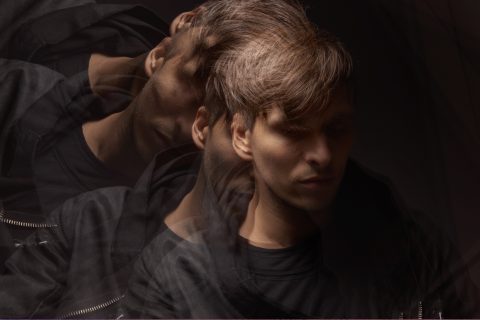
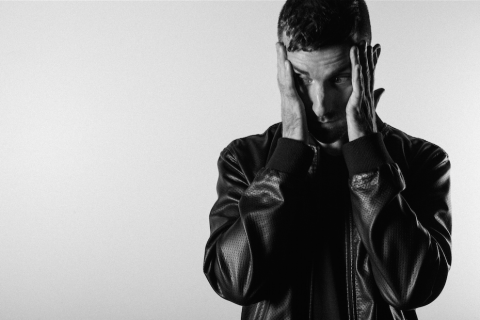
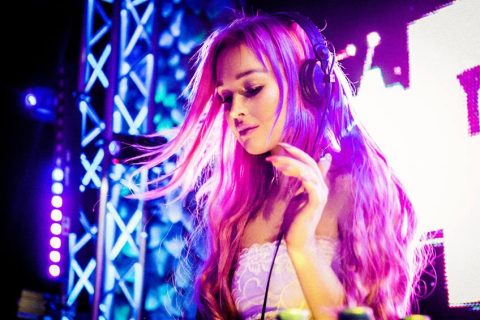
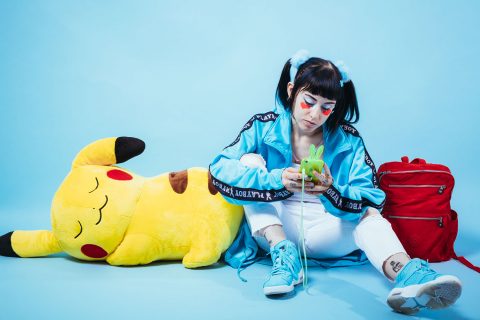
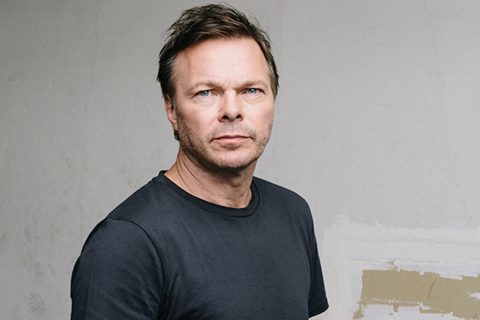
Comments